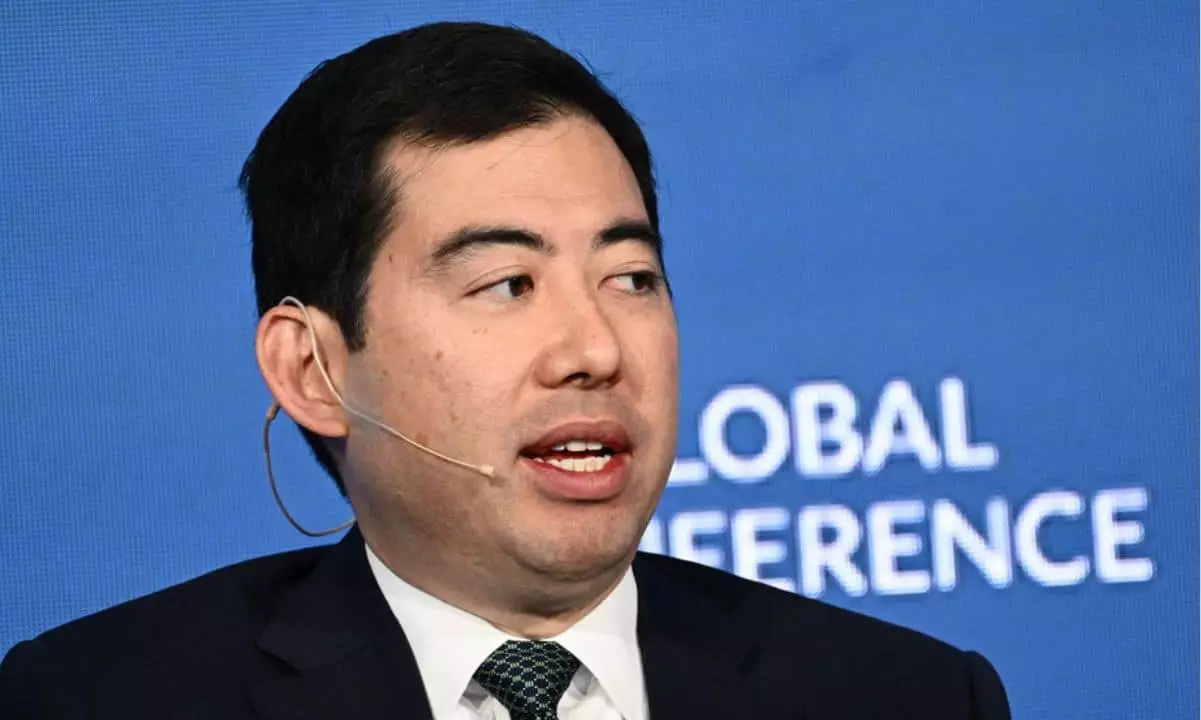Mark Uyeda, a commissioner at the U.S. Securities and Exchange Commission (SEC), has recently emphasized the need for a transformative approach to the agency’s handling of cryptocurrency regulations. His remarks align with the political climate shaped by the election of President Donald Trump, who is expected to take a less aggressive stance than the Biden administration regarding digital assets. Uyeda’s call to action focuses particularly on halting what he describes as the SEC’s relentless pursuit of non-fraud-related enforcement against various cryptocurrency entities.
Critique of Current Enforcement Trends
Over the past three years, the SEC has initiated over one hundred enforcement actions related to cryptocurrency, targeting a mix of serious offenses and relatively minor infractions. High-profile cases like the prosecution of former FTX CEO Sam Bankman-Fried have garnered significant media attention, but many of the actions against other firms, including Coinbase and Ripple, were fundamentally about compliance with registration requirements. Uyeda criticizes this current modus operandi, arguing that the SEC’s focus on non-fraud cases distracts from legitimate efforts to tackle more pressing issues within the digital asset space. His perspective raises an important question about the effectiveness and appropriateness of regulatory focus.
The political winds shift as Trump’s administration looms on the horizon, with speculation that a new SEC chair could bring significant adjustments to the agency’s approach. Legal experts and insiders have noted that if current SEC Chair Gary Gensler departs before Trump’s inauguration, a new appointment could lead to the dismissal of non-fraud crypto cases—settling existing disputes and dropping pending litigation. This raises curiosity about who might replace Gensler, with names like Uyeda, Dan Gallagher, and Paul Atkins making the rounds as potential frontrunners.
The discontent surrounding Gensler’s regulatory approach has reached a crescendo among industry participants, with significant figures like Ripple CEO Brad Garlinghouse denouncing his term as a “reign of terror.” In addition, numerous Congressional members and legal analysts have urged the SEC to establish clearer and more coherent regulatory frameworks. The internal dissent within the SEC, characterized by Uyeda and fellow Commissioner Hester Peirce’s calls for transparency, signals a potential shift in the agency’s operational philosophy towards a more balanced and strategic approach in overseeing crypto.
As the digital asset industry stands at a critical juncture, the dialogue surrounding regulatory frameworks is more relevant than ever. The SEC’s current trajectory, characterized by extensive enforcement actions predominantly focused on compliance failures, may not be sustainable. The potential for a new leadership dynamic under Trump’s administration could pave the way for a more nuanced approach to cryptocurrency regulation—one that addresses the complexities of the market while fostering innovation and integration into the broader financial system. As stakeholders watch and wait, the evolution of regulatory frameworks will undoubtedly shape the future of cryptocurrency in America.

